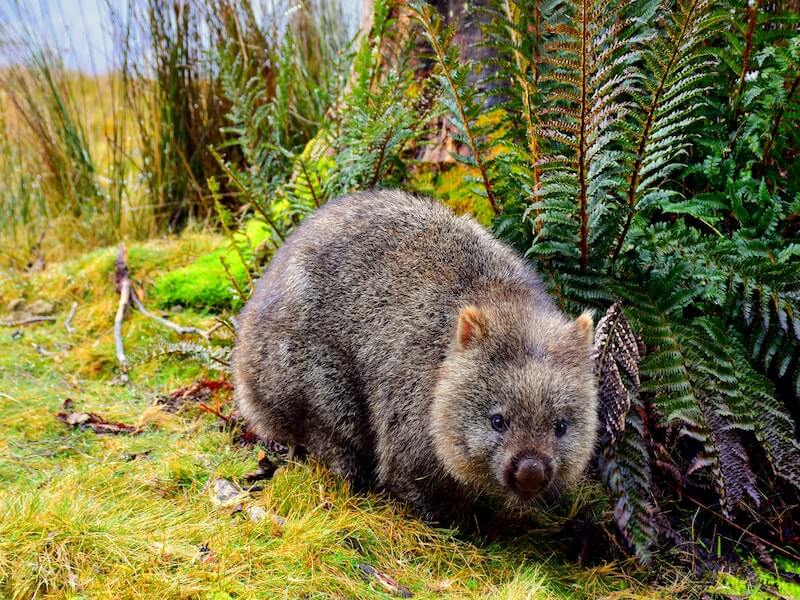Conservation days

Throughout the year there are days dedicated to an array of occasions and themes. There is everything from ‘world chocolate day’ (7 July) to ‘world day to combat desertification and drought’ (17 June). Some of these days are for fun, but others raise awareness about important issues and are a chance to learn more about a topic. Dedicated animal days are an example of raising awareness. These days shed light on the issues facing particular species and raise awareness about their conservation status. Here are a few of the animal days that focus on particularly vulnerable species.
27 February – International polar bear day
Polar bears live in the Arctic and are perfectly adapted to this icy habitat, with characteristics such as insulating fur and a thick layer of fat below their skin. Climate change is the biggest threat to polar bears due to sea ice melting. Polar bears need sea ice to breed and hunt for seals. The International Union for the Conservation of Nature (IUCN) lists polar bears as vulnerable, putting them on track to become endangered, if action is not taken. This day not only brings awareness to polar bear conservation, but also the global issue of climate change.
polarbearsinternational.org/get-involved/international-polar-bear-day/
11 May – Hairy-nosed day (wombat)
There are 3 species of wombat – northern hairy-nosed, southern hairy-nosed and bare-nose. This day focuses on the northern hairy-nosed wombat which is one of the most critically endangered species in the world. In the 1980s the population hit a low of just 35 individuals. But due to conservation efforts since, this has increased to about 250 individuals. Introduced species such as cattle, sheep and rabbits contribute to the species decline as they outcompete the wombats for food. Other issues include predation by dingoes, dogs and foxes and habitat loss. This day aims to raise awareness for this critically endangered species in a fun way by ‘wearing whiskers for wildlife’.
www.wombatfoundation.com.au/hairy-nosed-day/
14 July – Shark awareness day
Sharks are a diverse group of cartilage-based fish called ‘elasmobranch’ and they play a vital role in keeping our oceans healthy and ecosystems balanced. But many species are threatened or endangered due to human activity, with overfishing being the biggest threat. There is demand around the world for shark products such as meat, skin, liver oil and teeth; these are found in everything from shoes to skin care products. Sharks also face the threat of finning and habitat destruction. Shark conservation has been difficult in the past due to public attitudes towards the misunderstood creatures. Fortunately, attitudes are slowly changing and shark conservation is growing.
www.sharktrust.org/blog/shark-awareness-day
12 September – National bilby day
Bilbies are a vital part of their ecosystems and important to survival of other species. They play a key role in the restoration and renewal of soil and vegetation in their arid habitats. Bilbies once inhabited 70 per cent of Australia but their range has decreased by 80 per cent. This is mostly due to introduced species such as foxes, feral cats and wild dogs, which prey on bilbies. The lesser bilby is already extinct, and the remaining greater bilby is endangered. National bilby day aims to bring awareness to the conservation of this important species.
savethebilbyfund.com/national-bilby-day/
Author:
Date Posted:
January 13, 2021
